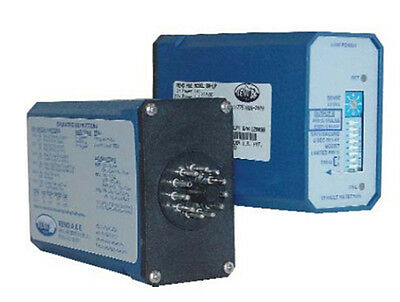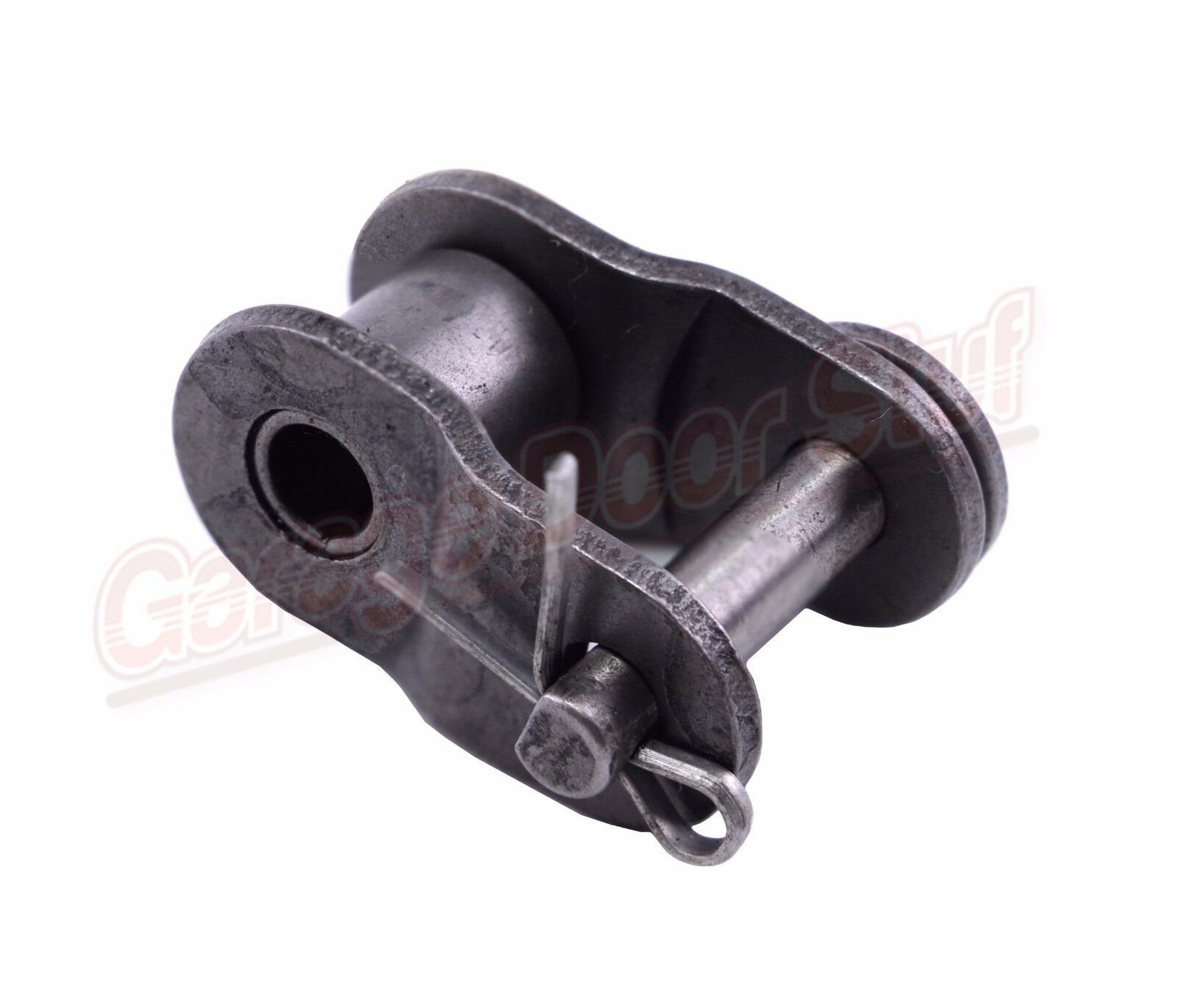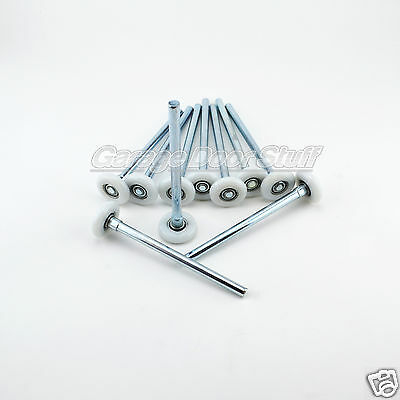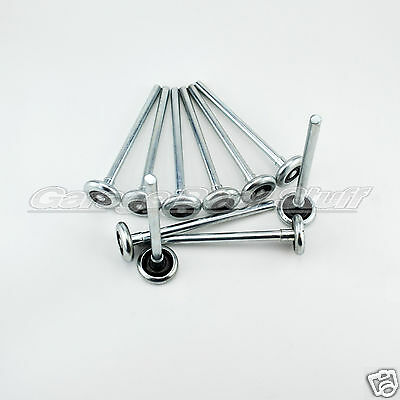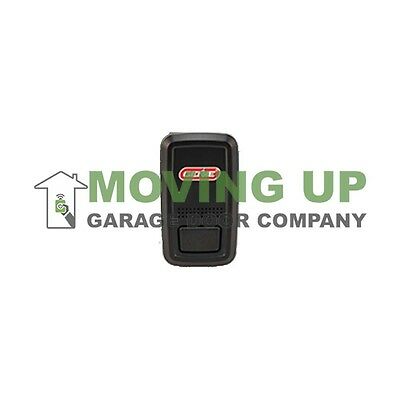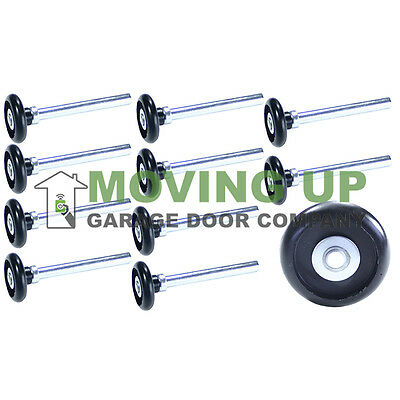-40%
RENO BX4 Loop Detector BX Series Vehicle Loop Detector Sensor - 9 - 35 AC or DC
$ 55.41
- Description
- Size Guide
Description
RENO BX4 Loop Detector BX Series Vehicle Loop Detector Sensor - 9 - 35 AC or DCRENO BX4 Loop Detector BX Series Vehicle Loop Detector Sensor - 9 - 35 AC or DC
Models available that operate on BX4 = 12 VDC / BX4 = 24 VDC / BX4 =24 VAC, BX3 = 120 VAC, or BX8 = 240 VAC input power
Fail-Safe and Fail-Secure versions available
Dual Relay outputs:
• Output A:
• Limited Presence
• True Presence™
• Output B:
• Presence (Duplicates Output A)
• Pulse-on-Entry
• Pulse-on-Exit
• Fault Output
Delay Outputs A and B for two seconds
Eight levels of sensitivity
Sensitivity Boost for applications where high-bed vehicles might be encountered
Detect Memory feature maintains detection during momentary power interruptions of up to two seconds
Fail LED indicates current loop failures or loop failures that have occurred
Four loop frequencies
This is a Performance Specification. It is not intended to be used as Operating Instructions.
Loop Frequency: Four (4) operating frequencies (normally in the range of 20 to 100 kilohertz) are selectable by means of two front panel mounted DIP switches.
Sensitivity: Four (4) detection sensitivity levels are selectable by means of two front panel mounted DIP switches. Vehicle detection results from a sufficient negative change in loop inductance (-ΔL/L). (See SENSITIVITY, -ΔL/L table.)
Sensitivity Boost: A front panel mounted DIP switch may be turned on to increase sensitivity during the Detect State. When a vehicle enters the loop detection zone, the detector sensitivity is automatically boosted to a higher level than the vacant loop setting.
The boosted sensitivity level is maintained throughout the Detect State. When the vehicle leaves the loop detection zone, the sensitivity immediately returns to the vacant loop setting. This feature is particularly useful in preventing dropouts during the passage of
high bed vehicles.
Presence / Pulse Modes: The detector output has two modes of operation that are selectable by means of a front panel mounted DIP switch; Presence and Pulse.
Detector Output Presence Hold Times / Pulse Modes: An internal DIP switch can be used to select the detector output presence hold time or pulse mode. When set to operate
in Presence mode, the internal DIP switch can be used to select one of two presence hold times; Limited Presence or True Presence™. Limited Presence will typically hold the
output in the Detect state for one to three hours. True Presence™ will hold the output in the Detect state as long as the vehicle is present in the loop detection zone and power is
not removed or reset applied. True Presence™ time applies only for normal size automobiles and trucks and for normal size loops (approximately 12 to 120 sq. ft.). When
set to operate in Pulse mode, the internal DIP switch can be used to configure the 250 millisecond pulse output to occur when the vehicle enters the loop detection zone
(Pulse-on-Entry) or when the vehicle leaves the loop detection zone (Pulse-on-Exit).
Fail-Safe / Fail-Secure Operation: The detector is factory configured for Fail-Safe or Fail-Secure operation. When the detector is configured to operate in Fail-Safe mode, the
output will assume a Detect output state (relay Normally Open contacts closed, relay Normally Closed contacts open) during a power loss or loop fault condition. When the
detector is configured to operate in Fail-Secure mode, the output will not respond to power losses or loop failures (relay Normally Open contacts open, relay Normally Closed
contacts closed).
Call Delay: A two second delay of the detector output can be activated by setting an internal DIP switch. Output delay is the time the detector output is delayed after a vehicle
first enters the loop detection zone. If the Delay feature is activated, the output will only be turned on after the two second delay time has passed with a vehicle continuously
present in the loop detection zone. If a vehicle leaves the loop detection zone during the delay interval, detection is aborted and the next vehicle to enter the loop detection zone
will initiate a new full two second delay interval. By flashing the Detect LED at a four Hz rate with a 50% duty cycle, the detector indicates that a vehicle is being detected but that
the output is being delayed.
Power Indicator: The green Power LED is Off when the detector has no power supplied or when the power level is below 75% of its nominal value. The Power LED is On when
the detector is being supplied with a suitable level of power.
Detect Indicator: The red Detect LED is Off when the loop detection zone is vacant. The Detect LED is On when a vehicle is being detected. The Detect LED flashing at a four Hz
rate with a 50% duty cycle indicates that the delay interval is currently timing.
Fail Indicator: The red Fail LED indicates whether or not the loop is currently within tolerance. If the loop is within tolerance, the Fail LED will be Off. If out of tolerance, the
LED indicates a current loop failure by turning On (Open Loop) or flashing at a one Hz rate (Shorted Loop). If and when the loop returns to an in tolerance state, the FAIL LED will
flash at a three Hz rate to indicate an intermittent loop fault has occurred and has been corrected. This flash rate will continue until another loop fault occurs, the detector is reset,
or the detector loses power.
Detector Reset: Changing the position of any DIP Switch (except the Frequency DIP switches) will reset the detector. The detector can also be reset by pressing the front
panel mounted pushbutton labled RESET. After changing the Frequency selection switches (DIP switches 1 & 2), the detector must be reset.
Detect Memory: The Detect State of the detector is maintained during momentary power interruptions of up to two seconds.
Self Tuning: The detector automatically tunes and is operational within two seconds after application of power or after being reset. Full sensitivity and hold time requires 30 seconds of operation.
Environmental & Tracking: The detector is fully self-compensating for environmental changes and loop drift over the full temperature range and the entire loop inductance range.
Loop Inductance Range: 20 to 2000 microhenries with a Q factor of 5 or greater.
Loop Feeder Length: Up to 2500 feet (762 m) maximum with proper feeder cable and appropriate loops.
Loop Input: Transformer isolated. The minimum capacitance added by the detector is 0.068 microfarad.
Grounded Loop Operation: The loop isolation transformer allows operation with poor quality loops (which may include one short to ground at a single point).
Lightning Protection: The detector can tolerate, without damage, a 10 microfarad capacitor charged to 1,000 volts being discharged directly into the loop input terminals.
Electrical Isolation: The loop is isolated by means of the loop isolation transformer. The outputs are isolated by means of the output relays.
Relay Output: Rated for maximum continuous current of 6.0 amps, 300 VAC maximum, 150 VDC maximum, and 180 Watts maximum switched power.
Power: 120 VAC version (AX-3): 89 to 135 VAC, 4 Watts maximum.
240 VAC version (AX-8): 180 to 270 VAC, 4 Watts maximum.
12 VDC / 24 VDC / 24 VAC version (AX-4): 10 to 16 VDC, 80 milliamps maximum / 20 to 34 VDC, 50 milliamps maximum / 18 to 32 VAC, 4 Watts maximum.
Ruggedized Construction: The detector enclosure is made from a high temperature rated plastic. Printed circuit boards are 0.062 inch thick FR4 material with 2 oz. copper on both sides and plated through holes. Circuit board and components are conformal coated with polyurethane.
Payments & Returns Policy
